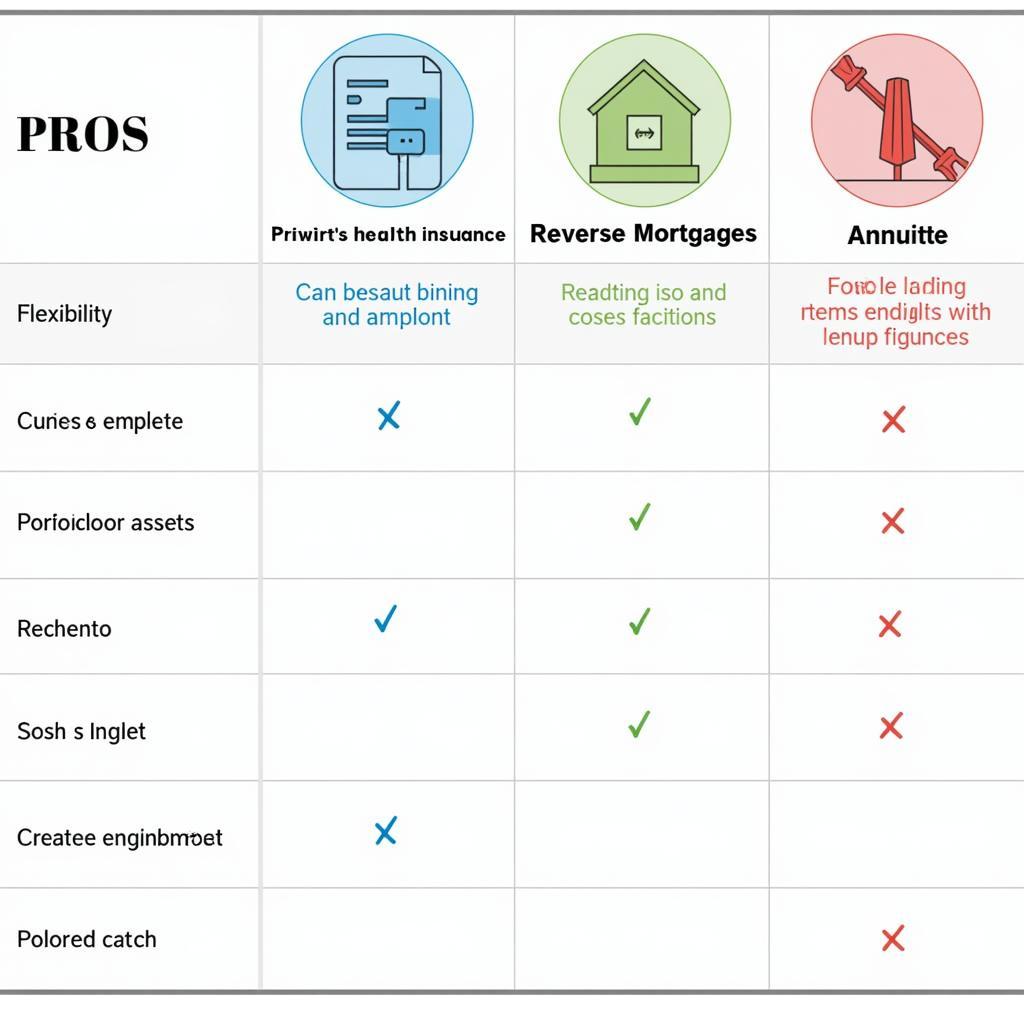Understanding the funding landscape of aged care can be daunting. Funding tools used in aged care are designed to help individuals navigate the complexities of financing their care needs, ensuring they receive the appropriate support while managing their finances effectively. This article explores the various funding tools available, offering insights into how they work and who can benefit from them.
Navigating the Aged Care Funding Maze
The aged care system offers a range of funding options, each with its own eligibility criteria and benefits. These tools cater to diverse needs, from basic home care packages to comprehensive residential care. Understanding these funding mechanisms is crucial for both individuals seeking care and their families.
Government Subsidies and Funding Programs
Government subsidies play a significant role in funding aged care. These programs are designed to alleviate the financial burden on individuals and ensure access to quality care. Some key government funding tools include the Home Care Packages Program, which provides funding for services like personal care, nursing, and allied health, and the Residential Care Subsidy, which contributes towards the cost of accommodation and care in a residential aged care facility.
Understanding the specifics of each program, including the assessment process and level of support provided, is essential for making informed decisions.
Understanding the Income Tested Care Fee
The income tested care fee is a contribution towards the cost of care based on an individual’s income and assets. This fee is calculated by the Department of Human Services and is payable by most residents receiving government-subsidized aged care. It’s important to note that the income tested care fee does not cover the full cost of care, and additional fees may apply.
Private Funding Options and Insurance
While government funding provides a substantial foundation, private funding options can supplement and enhance care. Private health insurance, for example, may cover some allied health services or offer access to private aged care facilities. Reverse mortgages and other financial products can also be utilized to fund aged care needs.
 Exploring Private Funding Options for Aged Care
Exploring Private Funding Options for Aged Care
Exploring these private options can provide greater flexibility and choice in the type and level of care received.
Planning for Future Care Needs
Planning for future aged care needs is crucial. Early planning allows individuals to understand the funding options available, assess their financial situation, and make informed decisions about their future care. Consulting with a financial advisor specializing in aged care can be invaluable in developing a comprehensive financial plan.
Accessing Funding Tools: The Assessment Process
Accessing government-funded aged care services typically involves an assessment process conducted by the Aged Care Assessment Team (ACAT). This assessment determines an individual’s eligibility for funding and the level of care required. Understanding the assessment process and preparing necessary documentation can streamline the application process.
Conclusion
Funding tools used in aged care are vital for ensuring access to quality care. Understanding the various options available, from government subsidies to private funding, empowers individuals to make informed decisions about their future care. By carefully considering these tools and planning ahead, individuals can secure the support they need while maintaining financial stability.
FAQ
- What is the difference between Home Care Packages and the Commonwealth Home Support Programme?
- How is the income tested care fee calculated?
- Can I use a combination of government and private funding for aged care?
- What is the role of the Aged Care Assessment Team (ACAT)?
- How can I plan for future aged care needs?
- What are the different levels of Home Care Packages?
- What are the costs associated with residential aged care?
Common Scenarios and Questions:
- Scenario: An elderly parent is struggling to live independently at home. Question: What funding options are available to support them to stay at home?
- Scenario: An individual needs to move into a residential aged care facility. Question: How can they fund the accommodation and care costs?
- Scenario: A couple wants to understand their aged care funding options for the future. Question: What steps should they take to plan ahead?
Further Reading and Resources:
- Explore our article on “Understanding Home Care Packages” for more detailed information.
- Learn about the “Benefits of Residential Aged Care” in our comprehensive guide.
- Visit our “Aged Care Funding Calculator” to estimate your potential costs.
For assistance, contact us via WhatsApp: +1(641)206-8880, Email: [email protected] or visit our office at 910 Cedar Lane, Chicago, IL 60605, USA. Our 24/7 customer support team is ready to help.

